In today’s competitive digital landscape, SEO (Search Engine Optimization) is the foundation of online success. But one question often arises: Which is more important—On-Page SEO or Off-Page SEO?
The truth is, both play critical roles. On-Page SEO ensures your website is well-optimized for users and search engines, while Off-Page SEO boosts credibility, authority, and visibility across the web. In this blog, Zbs Digital will help you understand the difference, why both matter, and how to balance them in 2025.
What is On-Page SEO?
On-Page SEO includes all optimization techniques you can directly control within your website. It’s about making your site search engine-friendly and user-focused.
Key On-Page SEO elements:
- Keyword Optimization – Using high-volume keywords in titles, headings, and content.
- Content Quality – Unique, engaging, and valuable content for your audience.
- Meta Tags – Well-crafted titles & descriptions for better click-through rates.
- URL Structure – Short, clean, and keyword-rich URLs.
- Internal Linking – Strategic linking between your own pages for better navigation.
- Site Speed & Mobile Optimization – Faster, mobile-friendly sites rank higher.
- Schema Markup – Helps search engines understand your content.
Example: A blog with optimized titles, structured headings (H1, H2), and fast page speed sends strong On-Page SEO signals to Google.
What is Off-Page SEO?
Off-Page SEO refers to actions taken outside your website that influence rankings. It’s about building authority and trust in the eyes of search engines.
Key Off-Page SEO strategies:
- Backlinks – High-quality links from authoritative websites.
- Guest Posting – Publishing content on relevant sites for visibility & links.
- Social Media Signals – Content shared widely increases credibility.
- Online Reviews & Citations – Especially important for local SEO.
- Brand Mentions – Even without links, they strengthen authority.
Example: If your blog is cited by top industry websites, Google sees your brand as more trustworthy.
On-Page vs. Off-Page SEO: Key Differences
| Aspect | On-Page SEO | Off-Page SEO |
| Focus | Website content & optimization | External signals & authority |
| Control | Fully under your control | Influenced by other websites |
| Goal | Relevance, user experience | Trust, credibility, brand awareness |
| Examples | Keywords, meta tags, speed, structure | Backlinks, reviews, mentions, social proof |
Which Matters More in 2025?
In 2025, the answer is clear: Both are equally important.
- Without On-Page SEO, search engines cannot properly understand or rank your content.
- Without Off-Page SEO, your competitors with stronger authority may outrank you—even if your site is well-optimized.
The winning SEO strategy is a balance:
- Build a strong On-Page foundation (optimized content, technical SEO, UX).
- Strengthen authority with Off-Page signals (backlinks, mentions, PR, social proof).
- Continuously monitor with tools like Google Search Console, Ahrefs, or SEMrush.
How ZBS Digital Helps
At Zbs Digital, we create a hybrid SEO strategy that combines:
- On-Page optimization for higher relevance and better user experience.
- Off-Page authority building for long-term rankings and traffic growth.
Our goal is not just higher rankings but also sustainable visibility, leads, and conversions.
Conclusion
In the debate of On-Page vs. Off-Page SEO, there is no single winner. Both are vital pillars of SEO success in 2025.
On-Page SEO makes your website relevant, while Off-Page SEO makes it authoritative. Together, they ensure maximum visibility, traffic, and business growth.
Ready to dominate Google rankings? Contact Zbs Digital today for a tailored SEO strategy that drives results.


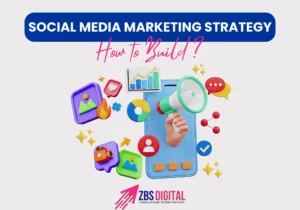
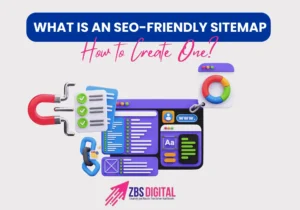


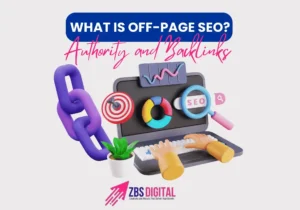

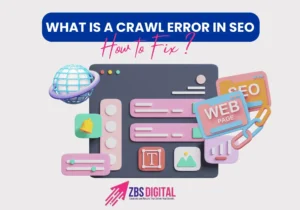
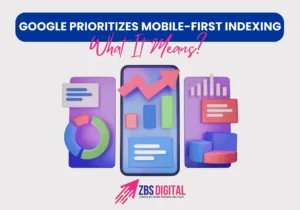

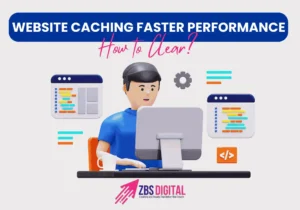
One Response
Your article helped me a lot, is there any more related content? Thanks!